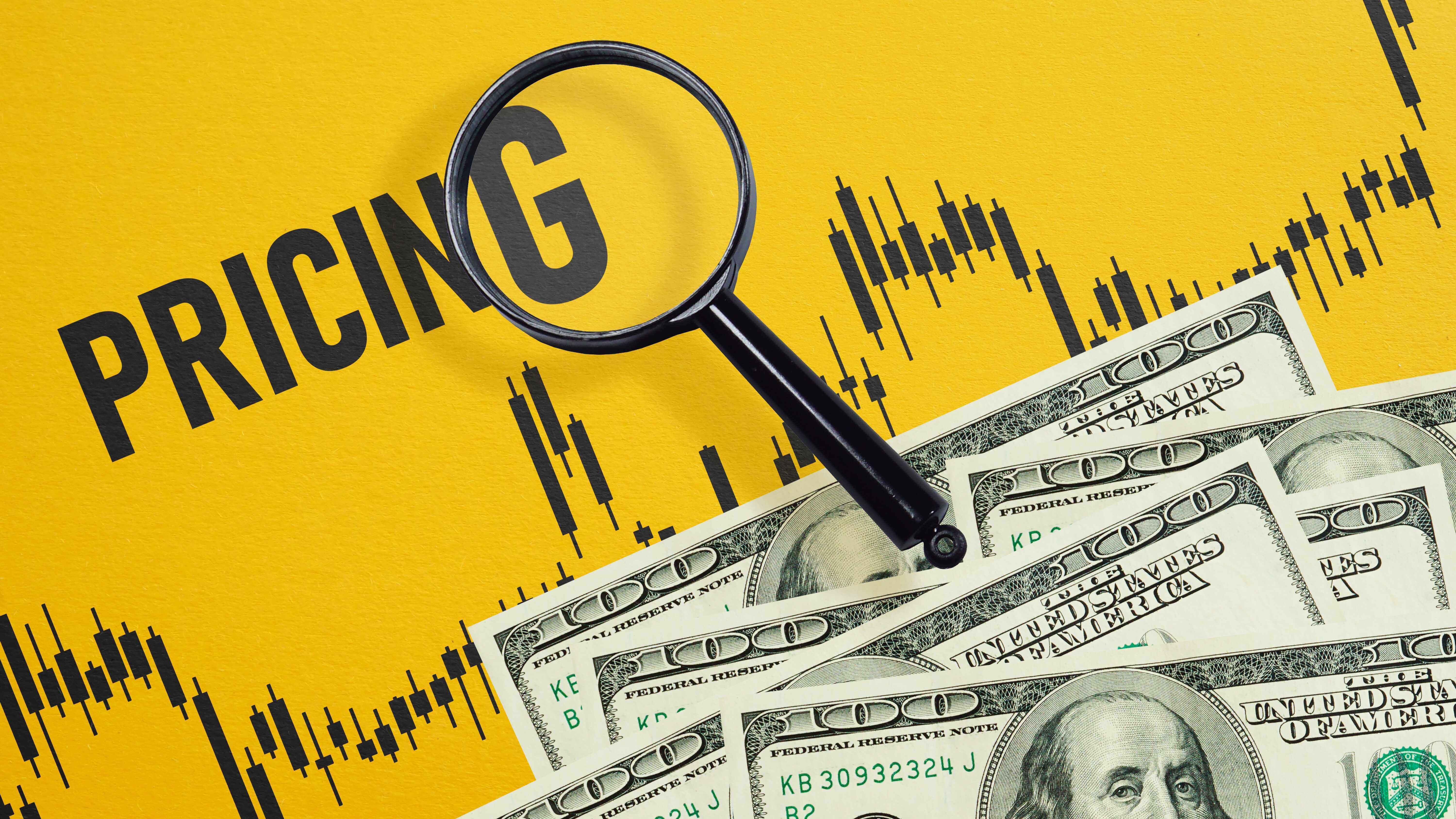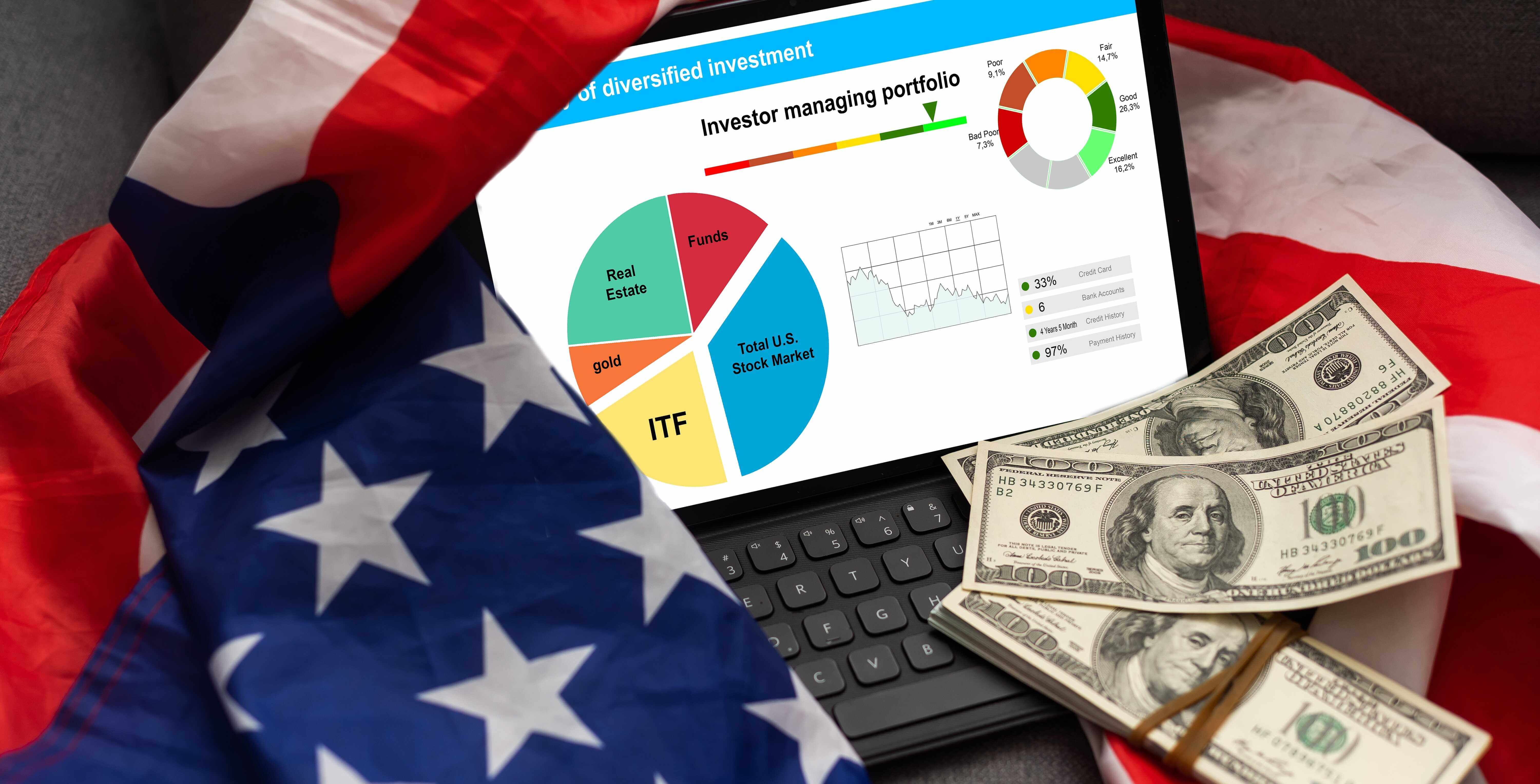Here's Some Reassuring News For Anyone Invested In Quantum Computing Stocks

Last year, investors poured into artificial intelligence (AI) stocks, and the biggest players -- from Nvidia (NASDAQ: NVDA) to Amazon -- helped the general market soar. The S&P 500, the Dow Jones Industrial Average, and the Nasdaq each climbed in the double digits. The technology spurred such excitement because it has the potential to revolutionize many industries.
As this AI boom gained momentum, another hot technology was picking up speed. I'm talking about the related area of quantum computing. In AI, large language models (LLM) train to learn all that humans know so that they can then go on to solve problems that involve reasoning.
Start Your Mornings Smarter! Wake up with Breakfast news in your inbox every market day. Sign Up For Free »
Quantum computing harnesses the principles of quantum mechanics to solve problems that classical computers can't handle. These technologies can be very complementary -- and that's why investors paid particular attention to recent words from Nvidia Chief Jensen Huang.
During CES earlier this month, Huang said useful quantum computers are about 20 years away, disappointing investors hoping for a nearer-term opportunity. Shares of quantum players plummeted, with Rigetti Computing (NASDAQ: RGTI) and Quantum Computing (NASDAQ: QUBT) losing 45% and 43%, respectively, in one trading session.
Still, these two players each soared more than 1,000% over the past year. While Huang's words and the ensuing share performance won't be forgotten, there is some reassuring news for anyone invested in quantum computing stocks today. Let's check it out.
Image source: Getty Images.
What quantum companies do today
So, first, let's back up and consider what quantum companies are doing today and what Jensen Huang said recently. As mentioned, this type of computing relies on quantum mechanics -- the science that deals with the behavior of matter. Instead of using bits to process data, as ordinary computers do, quantum computers process much more data using qubits.
Quantum computers handle information differently from classical ones, which can result in tremendous speed. A quantum computer may take minutes to resolve a particular problem, while a classical computer would require thousands of years.
Rigetti, developer of the first multichip quantum processor for scalable systems, has been selling its quantum computers since 2023. Just recently, the company launched its 84-qubit Ankaa-3 system, a platform that reached a key accuracy milestone. The system includes a new hardware design and an improved qubit chip.
Quantum Computing offers customers enterprise software for quantum computing and high-performance quantum systems. The company's long-term project involves scaling up the use of a crystalline material called lithium niobate in the design and production of optical integrated circuits used for quantum computing products -- and it's building out a manufacturing facility for this purpose right now.
Neither Rigetti nor Quantum are profitable yet. This is generally the situation for companies focused specifically on quantum computing right now, as they're still so heavily focused on the research and development of these new-ish systems.
"Very useful quantum computers"
This brings me to the comments that hit quantum companies hard earlier this month. Nvidia CEO Huang said that "very useful quantum computers" would probably be available in about 20 years.
Though investors saw this as disappointing, there is some reassuring news. Quantum computing is progressing, meaning these companies will likely report accomplishments and milestones in the months and years to come -- and these represent catalysts for quantum computer stocks to climb.
Certain positive catalysts may be right around the corner, too. Microsoft announced that 2025 is the year for companies to become "quantum ready" and launched a new Quantum Ready program to help businesses do just that. The company will offer customers tools to set them on the right path, build their quantum skills, access quantum computers, and more.
Nvidia's first Quantum Day
And Nvidia, in a move signaling its belief in this potentially game-changing technology, announced its first-ever Quantum Day on March 20. It will be part of the GPU Technology Conference (GTC), Nvidia's annual AI conference. Featuring many experts in the field, Quantum Day will cover what's happening in quantum computing today and what may lie ahead. A special address will highlight work that may shorten the timeline to usefulness.
All this means that even though it may take years for quantum computing companies to potentially generate major revenue and profits, their shares could still climb on news of advancements in the months and years ahead. And that's great news for investors who aim to hold on to these stocks for the long term.
Don’t miss this second chance at a potentially lucrative opportunity
Ever feel like you missed the boat in buying the most successful stocks? Then you’ll want to hear this.
On rare occasions, our expert team of analysts issues a “Double Down” stock recommendation for companies that they think are about to pop. If you’re worried you’ve already missed your chance to invest, now is the best time to buy before it’s too late. And the numbers speak for themselves:
- Nvidia: if you invested $1,000 when we doubled down in 2009, you’d have $357,084!*
- Apple: if you invested $1,000 when we doubled down in 2008, you’d have $43,554!*
- Netflix: if you invested $1,000 when we doubled down in 2004, you’d have $462,766!*
Right now, we’re issuing “Double Down” alerts for three incredible companies, and there may not be another chance like this anytime soon.
*Stock Advisor returns as of January 13, 2025
John Mackey, former CEO of Whole Foods Market, an Amazon subsidiary, is a member of The Motley Fool's board of directors. Adria Cimino has positions in Amazon. The Motley Fool has positions in and recommends Amazon, Microsoft, and Nvidia. The Motley Fool recommends the following options: long January 2026 $395 calls on Microsoft and short January 2026 $405 calls on Microsoft. The Motley Fool has a disclosure policy.


